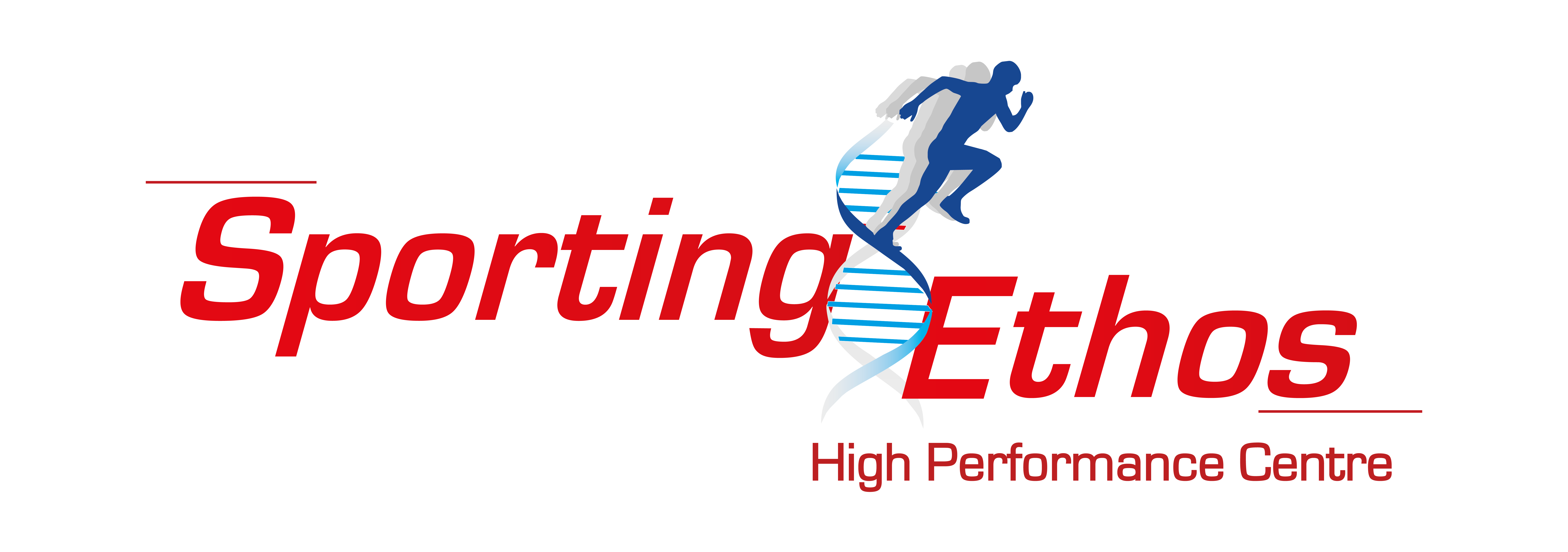
Sport
Psychology
Sport Psychology is an integral part of an athlete’s overall development. Similar to skills and physical fitness, an athlete needs to train and rehearse the mental aspect of their game on a regular basis from a young age.
It needs to be understood that Sport Psychology can not only help athletes overcome issues like competitive anxiety, internal motivation but a Sport Psychology can also provide the athlete individualized techniques to help improve their performance.
Set Realistic Goals



At Sporting Ethos, the role of the Sport Psychologist goes a step further to ensure that the athlete is able to set realistic short-term and long-term goals in each department of his/her game and achieve them in coordination with their coaches, parents and Sport Science team.
Some of the common areas where Sport Psychology can play a decisive role are:
• Replicating good performance in training to consistent performance in competitions
• Enjoyment of the Sport and prevention of early burnout Overcoming the fear of failure or competitive anxiety
• Helping the athlete become process-oriented in training and competition by introducing various routines
• Coping with the external environment and factors affecting his/her game
• Maintaining a healthy balance between all aspects of daily life to ensure longevity in the Sport
• During rehabilitation from any injury and preparing the player to return to sport after the injury.
Sport Psychology for Parents



Being a Sports Parent can be very challenging and it is important the parents of young athletes are able to provide a conducive environment for their children to excel in Sport.
It is also very important that a sense of balance prevails in the home atmosphere as well as the parents’ lives to contribute to a healthy atmosphere.
Given the mental, physical, financial and emotional investment in the child’s sport is demanding, our Sport Psychologist can provide parents with the necessary tools and inputs to manage the same.
Start Your Journey



To start your journey with us and to set realistic short term and long term goals and to improve on the mental aspect of your game book an appointment with us today!
Sport
Psychology



Sport Psychology is an integral part of an athlete’s overall
development. Similar to skills and physical fitness, an athlete needs to
train and rehearse the mental aspect of their game on a regular basis
from a young age.
It needs to be understood that Sport Psychology can not only
help athletes overcome issues like competitive anxiety, internal
motivation but a Sport Psychology can also provide the athlete
individualized techniques to help improve their performance.


Set Realistic
Goals



At Sporting Ethos, the role of the Sport Psychologist
goes a step further to ensure that the athlete is able
to set realistic short-term and long-term goals in each
department of his/her game and achieve them in coordination with their coaches, parents and Sport Science
team.
Some of the common areas where Sport Psychology can
play a decisive role are:
• Replicating good performance in training to consistent
performance in competitions
• Enjoyment of the Sport and prevention of early burnout
Overcoming the fear of failure or competitive anxiety
• Helping the athlete become process-oriented in training
and competition by introducing various routines
• Coping with the external environment and factors
affecting his/her game
• Maintaining a healthy balance between all aspects of
daily life to ensure longevity in the Sport
• During rehabilitation from any injury and preparing the
player to return to sport after the injury.
Being a Sports Parent can be very challenging and it
is important the parents of young athletes are able to
provide a conducive environment for their children to
excel in Sport.
It is also very important that a sense of balance
prevails in the home atmosphere as well as the
parents’ lives to contribute to a healthy atmosphere.
Given the mental, physical, financial and emotional
investment in the child’s sport is demanding, our Sport
Psychologist can provide parents with the necessary
tools and inputs to manage the same.
Sport Psychology for Parents







